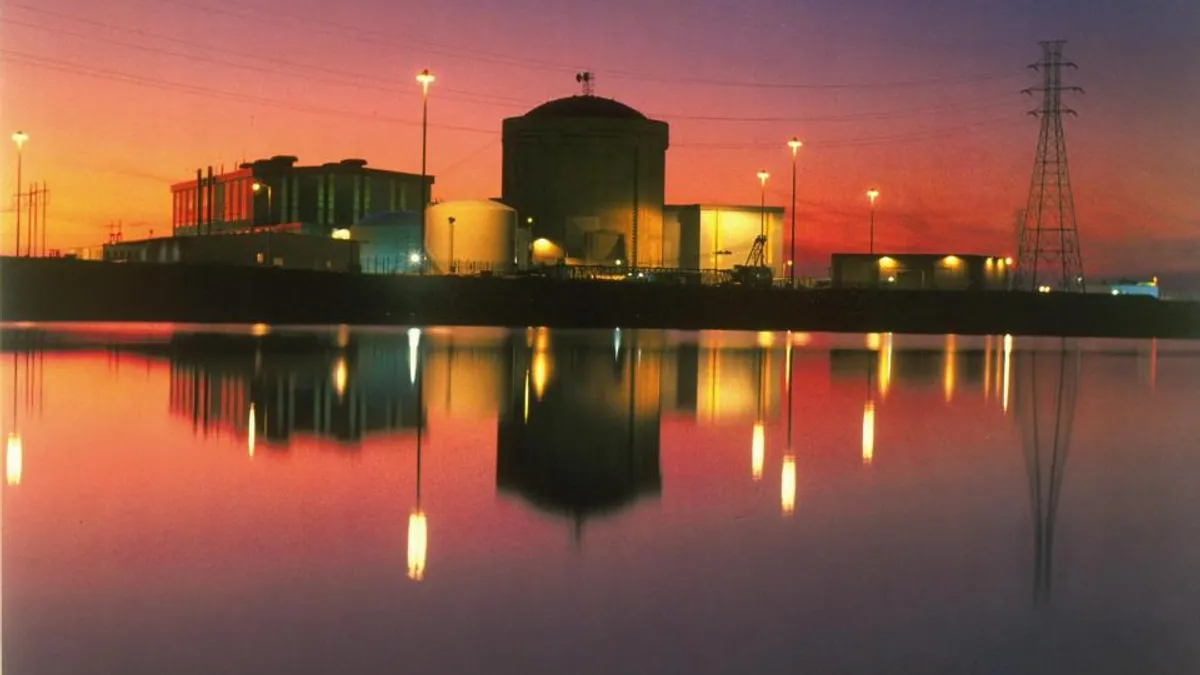Dive Brief:
- The Post and Courier has published a Westinghouse report from 2011 that warned the V.C. Summer nuclear project in South Carolina and Vogtle project in Georgia were both likely to face issues, as Westinghouse had failed to use licensed engineers.
- The newspaper first reported on the analysis in September, but published a copy of it just last week. A Westinghouse employee wrote the report, and predicted budget, design and construction overruns.
- The Post and Courier over the weekend also published a lengthy article on failed development in the electric power industry, focusing on nuclear projects in Georgia, South Carolina and Florida, and clean coal in Mississippi.
Dive Insight:
The nuclear development debacle in South Carolina is not a one-off, the Post & Court highlighted in their weekend feature. Some $40 billion has been wasted, the paper concluded, as state regulators allow more risky spending and lawmakers grant wider cost recovery to power companies.
From Mississippi Power's failed "clean coal" project to the Westinghouse nuclear debacles, projects with unproven designs have cost customers, without ever delivering the energy promised. But nowhere has the problem been more stark than in South Carolina.
Including the 2011 report just published by The Post & Courier, a total of three reports have shown how the V.C. Summer nuclear project was marked for failure. a 2016 audit completed by Fluor Corp. concluded the project timeline was too ambitious and costs were skyrocketing. A 2015 report by Bechtel came to similar conclusions, but those warnings were removed from the final version presented to state officials.
Over the summer, the owners of V.C. Summer — Santee Cooper and SCANA Corp., which owns SCE&G — decided to scrap the nuclear expansion. In July, the board of Santee Cooper voted unanimously to halt construction, citing the potential for costs to reach over $25 billion. SCE&G subsequently filed plans with regulators to cease construction as well.
However, reporting done by The Post & Courier and The State Newspaper indicates the utilities continued to tout their planned reactors as cost-effective generation options for customers months after discovering they were not.














